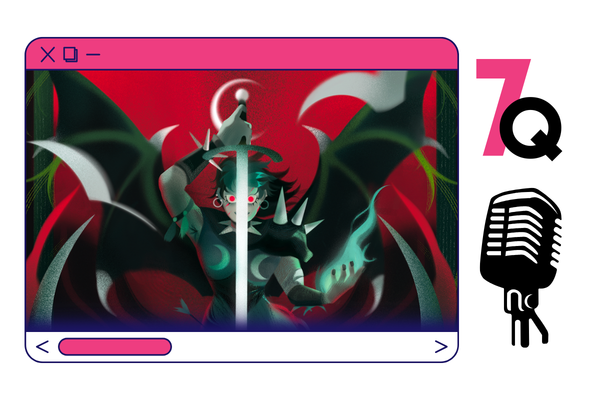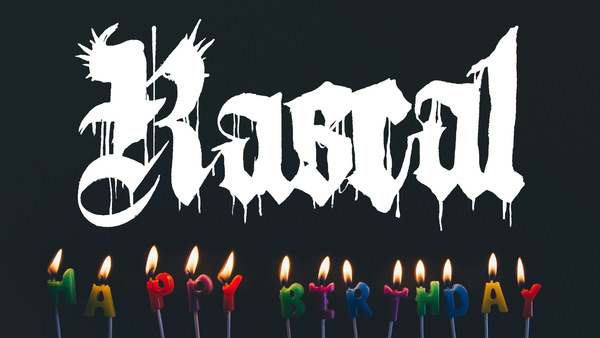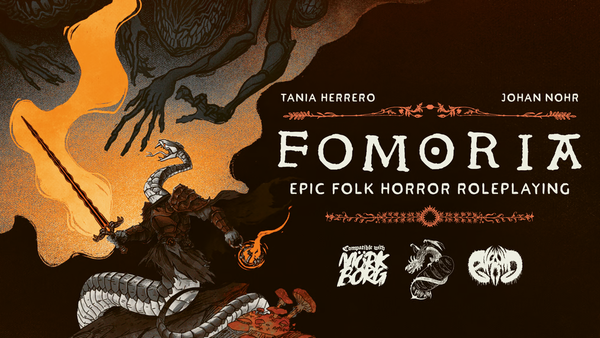The Man Who Bought And Sold D&D
Peter Adkison on the ups and downs of running Wizards of the Coast in the ‘90s.
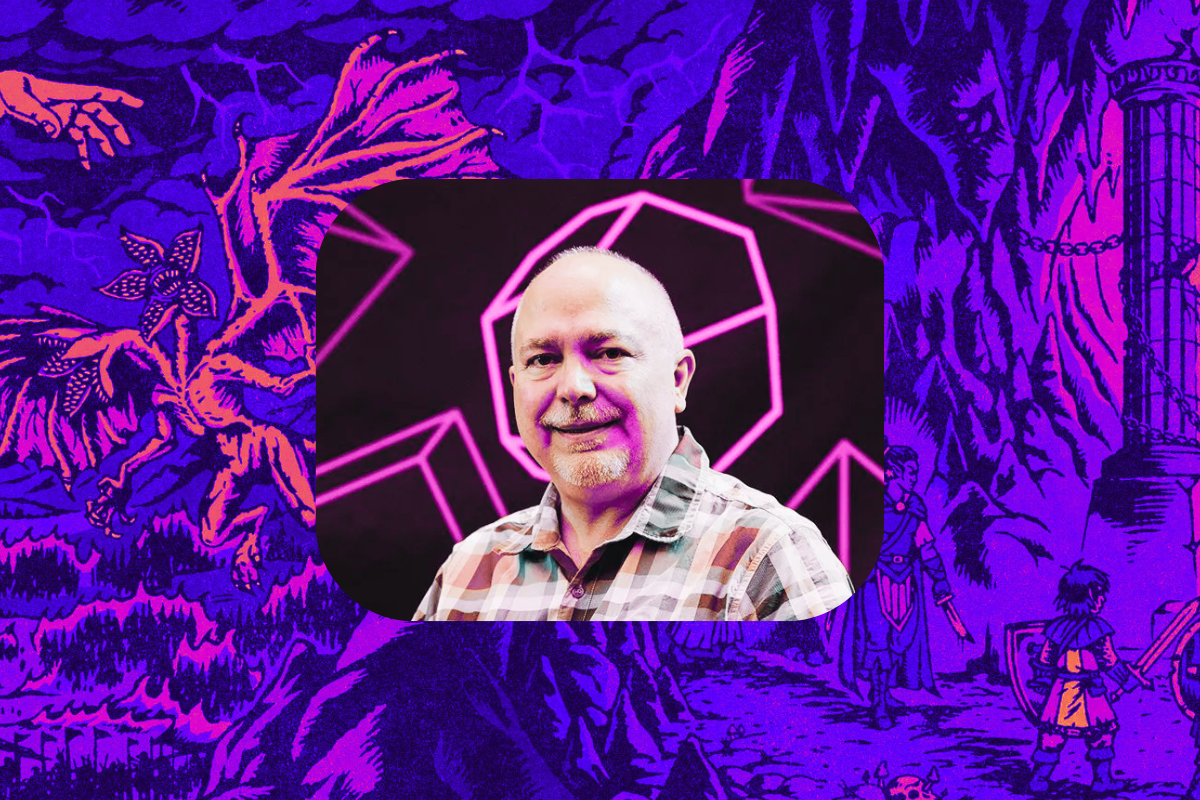
While a lot has been written about Dungeons & Dragons and TSR, and a lot has been said about the current management of the game under Hasbro, there’s an interstitial period that doesn’t get a lot of attention. That’s maybe for good reason. In the ‘90s, D&D wasn’t in the hegemonic position that it held in either the early 1980s or today. It was in legal and financial hell as publisher TSR struggled under debt and rights disputes. Eventually, the company had no choice but to sell everything and relinquish its place at the godhead of roleplaying as a genre.
As the man at the helm of Wizards of the Coast (WOTC) at the time, Peter Adkison had a front row seat to everything — from raising money for the first print run of Magic: the Gathering to the sale of the company to Hasbro in 1999. Despite starting out as an RPG publisher, WOTC, under Adkison, made the call to stop publishing roleplaying games entirely in the wake of Magic’s success. In his masterful book, Designers and Dragons: The ‘90s, historian Shannon Applecline wrote, “By the end of 1995, Wizards seemed poised for continued roleplaying expansion, with four different lines — Ars Magica, SLA Industries, the (lagging) Magic RPG, and Everway. Then in December, Adkison made a very startling announcement: Wizards of the Coast was laying off 30 of its 275 employees and dropping all of its roleplaying games.” It seemed like the company was getting out of the game (sorry) all together.
But a couple years later, in 1997, Adkison led the company’s return in triumphal fashion — buying the game that started it all and catapulting WOTC to the forefront of the industry. With Magic earning ginormous profits, WOTC had the funds to write the not-quite-black checks needed for the retrieval of D&D from the tangled legal mire that it was sinking into. Applecline writes, "Wizard’s big welcome back to the industry party came August 7–10 at the 1997 Gen Con Game Fair... the con kicked off with a free concert by the Violent Femmes. It heralded the beginning of a new era for the entire RPG industry."
Since the sale to Hasbro came soon after, an independent WOTC didn’t hold onto D&D for long, but Adkison remained for two more important moments before leaving the company: the release of Third Edition and the Open Gaming License (OGL) — both of which have had long histories in their own right. And, of course, he’s now the co-owner of Gen Con.
Rascal sat down with Adkison to learn what it was like to be in the room where history happened.
This interview has been edited for length and clarity.
Thomas Manuel: So Magic comes out, and it's successful. And then there's a moment, in 1995, where you make the call to stop publishing roleplaying games. And you reveal that you've not actually made any money off RPGs at that point in time. Can you tell me about that?
Peter Adkison: I started Wizards to make roleplaying game products — don't get me wrong, I love Magic: the Gathering, but my first love was roleplaying game products. But the RPG industry was tiny, and our share of it was tiny; a tiny piece of a tiny piece. And really most of the money was going to TSR / Dungeons and Dragons, which we did not own yet. And also White Wolf, and other products that would come along. We did not have a hit product. And it wasn't that we were losing lots of money in the beginning with roleplaying games because we were so small that our expenses weren't very significant. When you're small and you order a small print run of 500 books, you're not going to lose much money, but you're not going to make money. But then what happens is Magic comes out, and the company becomes a lot bigger. I had a great mentor in business named Vince Caluori. Vince explained to me, ‘Peter, every company has a level at which they operate efficiently. And now that Wizards has gotten up to be $100 million-a-year property, it is not efficient for us to do an RPG that makes $20,000.’ I had to concede the point.
I said, ‘Well, we're getting out of this industry, but I'd love to get back into the category if we ever have an opportunity to have one of the hits because then it could be real money’. Which, of course, was foreshadowing. I didn't realize it at the time, but it was very foreshadowing.
Manuel: Was that a tough decision?
Adkison: It was horrible. Magic money let us hire people, so we invested in our RPGs. Not only were they losing money because we weren't efficient at that level of business, we were putting too much money into it. And it was just a rookie mistake. We should have cut RPGs the second we had Magic coming out, right? We would have looked at Magic together and said, ‘hey, this is do or die.’ Either Magic's gonna work, and everything's gonna be great, or we're gonna be out of business. That’s the cold reality. We should have, at that point in 1993, stopped messing around with roleplaying games.
Manuel: Was the mistake that you made thinking that if you invested more money in the roleplaying games, they would make a return on that investment?
Adkison: Yeah, we did have an ace — or what we thought maybe was an ace in that we had Jonathan Tweet, who's an amazing designer, one of the best designers ever in our industry. He designed a game called Everway, which also used trading cards and it had kind of a new agey sort of feel to it. And we thought, well, if this works, then, you know… It did work to an extent, but it wasn't enough.
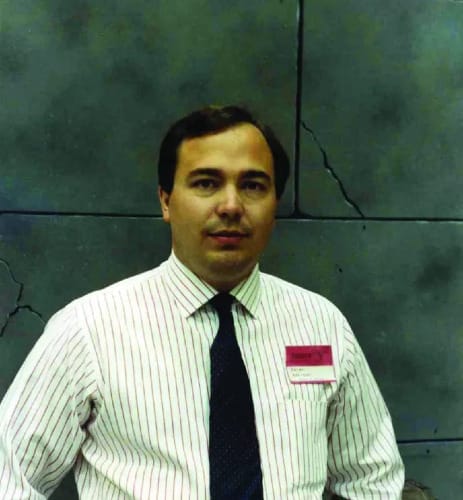
Manuel: Okay, let's get to the thing that you foreshadowed, which is the purchase of TSR, right? I read that during the deal for TSR, the fact that Wizards wanted to buy it had to be kept out of the initial negotiation, and that it was being done by Bob Abramowitz and Ryan Dancey of Five Rings Publishing Group. Why would they have needed to do that?


